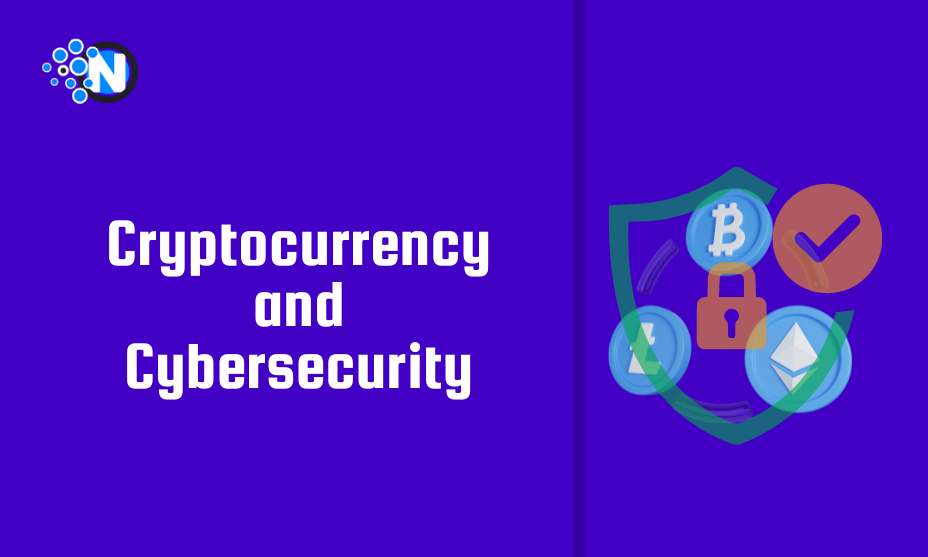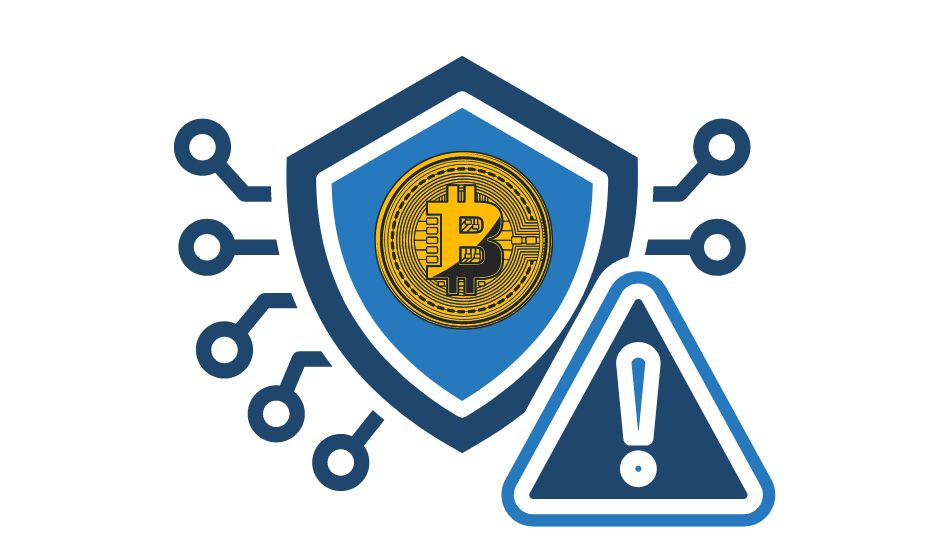Cryptocurrency and Cybersecurity: Protecting Your Digital Assets from Threats

Over the years, cryptocurrency has become very popular. However, with this huge digital asset rush, there is a need for strong security measures. Analysis from Reuters showed that in 2023, cryptocurrency hackers stole a huge sum of $1.7 billion. Though this number is less than the previous year, the report showed that there was an increase in the number of individuals who performed the hack.
Cryptocurrency runs on blockchain technology and offers several benefits, such as efficient cross-border transactions, and financial inclusions, but they do pose cybersecurity challenges. While the decentralized nature of blockchain makes it not subject to interference, the exchanges and digital wallets used for buying, storing, and trading cryptocurrencies are vulnerable to cyber attacks. Below, you will learn to understand cybersecurity threats and how to protect your assets.
Cyber Threats to Watch Out for in the Cryptocurrency Space
There are various cyber threats that threaten your security in the cryptocurrency space. Some of them are:

- Crypto exchange hacks: Cryptocurrency exchanges are vulnerable to cyber attacks which can result in stealing user funds. This is why it is essential for individuals to choose reputable exchanges with strong security measures and utilize additional security features like two-factor authentication that can help you safeguard your assets.
- Phishing attacks: many cyber attackers utilize phishing websites and emails that trick individuals to revealing their login credentials and private keys. You must exercise caution and be vigilant to avoid falling into a phishing attack scam.
- Scams and ponzi schemes: Cryptocurrency can offer many benefits, however, individuals must be cautious of fraudulent cryptocurrency investment schemes that promise high returns or even request personal information. It is your duty to conduct proper research and verify that any cryptocurrency projects you intend to invest in or offer your sensitive information to is legitimate.
- Malwares: Cyber criminals utilize malicious software to infect individuals’ devices and record their keystrokes. This process allows a hacker to gain access to your private login information or private key. A good way to prevent this is to continuously update and run your antivirus software on your devices to reduce this risk.
- Data breaches and hacking: Hackers can break into trading spots and digital wallets, stealing millions of individual assets, which can result in huge losses.
- Exchange risks or individual threats: Sometimes, individuals on the inside can help hackers cause unfair trades or breaches, or they could even exploit weaknesses in the digital currency exchange. These can affect the fairness and trust in an exchange system.
How to Protect Your Cryptocurrency
After looking at some cyber threats in the cryptocurrency space, let’s explore several ways you can protect your cryptocurrency and store it properly:
- Select the right wallet: This is the major step in protecting your cryptocurrency. Choosing the right wallet ensures you know the benefits of your chosen wallet. There are two major types of wallets to choose form, they are:
- Hot wallets: Hot wallets are wallets connected to the internet. This makes it easy to perform daily transactions, however, they are more vulnerable to hacking and online threats.
- Cold wallets: These are wallets like paper wallets, and hardware wallets used to store cryptocurrency assets offline. They offer a more secure level of security than hot wallets.
- Use hardware wallets: If you aim for maximum security, then opting for a hardware wallet will be your best option. Some top options that you can consider include Trezor, Ledger Nano X, and Ledger Nano S. These are physical devices that keep your private keys offline and ensure they are protected even when your computer is compromised by hackers. To make sure they are not stolen, it is best to keep your hardware wallet in secure locations such as a home safe or bank vault.
- Paper wallets: Paper wallets are offline solutions that help you securely store your cryptocurrency. Paper wallets are created by generating documents that hold your private and public keys. While paper wallets are resistant to online hacking, they could be damaged or lost when not properly handled. Additionally, it is best to make several copies and store them in various locations.
- Strengthen passwords: Use unique and strong passwords for your online wallets and exchange accounts. You can use password managers to create and securely store your complex password and reduce the risk of unapproved access.
- Consider two-factor authentication (2FA): Wherever a password is required, it is best to enable two-factor authentication, especially for your exchange accounts. Two-factor authentication offers an additional level of security since it requires a second authentication means such as a code generated by an app, or text message in addition to your password.
- Protect your private keys: Cryptocurrency private keys are the keys to your wallet. You should not share them with anyone and don’t store them online or in easily accessible places. When you buy Bitcoin, ensure you use secured methods to protect your keys from potential threats.
- Regularly update your software: Regularly update your cryptocurrency wallets, smartphones, and computers. These updates use security patches that prevent susceptibilities.
- Beware of phishing: Be alert against phishing scams. Cyber criminals use social media messages, websites, and fake emails to trick unsuspecting individuals into revealing their sensitive information. Ensure to verify every source before you take action.
- Backup your wallet: Ensuring your wallets are regularly backed up is essential. It doesn’t matter what type of wallet you use; keep your backups in various locations to secure them and prevent data loss.
- Diversify: You shouldn’t keep every cryptocurrency you own in a single palace. Use a combination of different wallets and exchanges for liquidity. It is important to store most of your cryptocurrencies in cold storage.
What We Conclude
Security in cryptocurrency is an important aspect of using and managing digital assets. It is important to understand the risk and implement strong security measures that enable you to protect your digital assets from cyber threats.
In the crypto world (and the digital world at large), security is a continuous process. Be aware of current threats, and take security steps to keep your digital assets safe. The key to security in cryptocurrency is to be vigilant and proactive even with the immense opportunities available in the cryptocurrency space.




